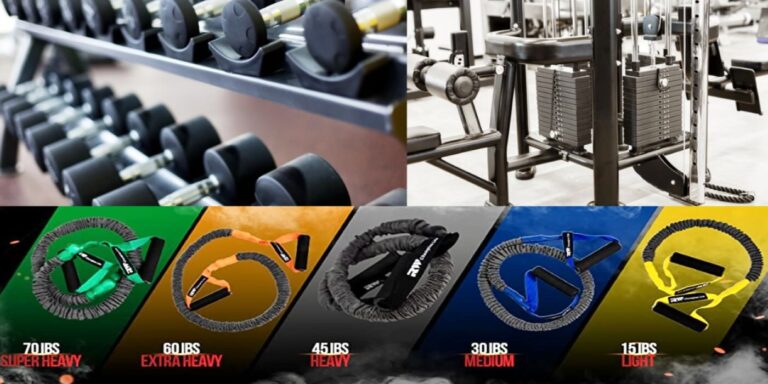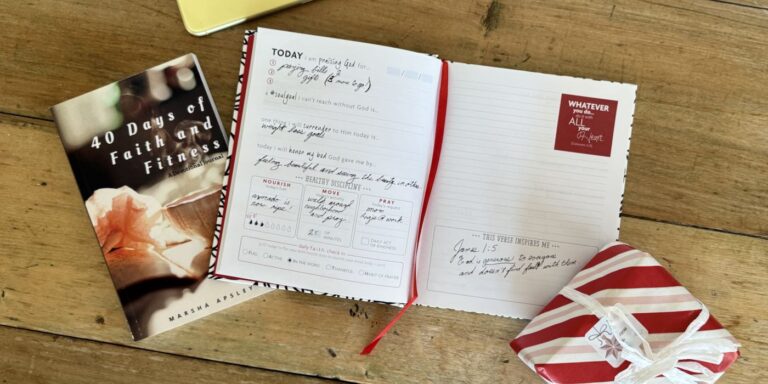From time to time it’s helpful to reflect on the major aspects of our life and to take stock of the various areas that are important for our well being. The National Wellness Institute recognizes six dimensions of personal wellness. Those areas include social, intellectual, emotional, spiritual, occupational and physical. When we join a fitness facility, one thing that usually happens is that we receive a fitness assessment or evaluation. This often includes tests to measure our muscular strength, flexibility, cardiovascular endurance and body composition. The results of these different tests give us a baseline measurement to understand how fit we are in these different areas of physical fitness. This also serves as a guide for the fitness professional to design a program for us so that we can make improvements, especially in those areas that indicate we are weak in. Let’s look at some considerations at taking a spiritual assessment of our personal wellness.
 What the Bible Says: “Search me, O God, and know my heart; test me and know my anxious thoughts. See if there is any offensive way in me, and lead me in the way everlasting.” This verse is from Psalm 139:23-24 and it speaks to the importance of asking God to help us assess our behavior and our hearts. The writer recognized that he needed God’s help in pointing out flaws in his lifestyle and shortcomings in his heart. To take stock of the spiritual dimension of our lives and to do it thoroughly I think we need God to guide us and help us. It also requires us to be open to what we sense God is showing us and then open to the changes He is prodding us to make after we have completed a spiritual assessment.
What the Bible Says: “Search me, O God, and know my heart; test me and know my anxious thoughts. See if there is any offensive way in me, and lead me in the way everlasting.” This verse is from Psalm 139:23-24 and it speaks to the importance of asking God to help us assess our behavior and our hearts. The writer recognized that he needed God’s help in pointing out flaws in his lifestyle and shortcomings in his heart. To take stock of the spiritual dimension of our lives and to do it thoroughly I think we need God to guide us and help us. It also requires us to be open to what we sense God is showing us and then open to the changes He is prodding us to make after we have completed a spiritual assessment.
What the Research Says: It seems clear from the research that our spiritual health and how we practice our faith has an impact on our physical health and general well being. Studies have shown the benefits of faith related to many areas such as cancer, hypertension, general health, heart disease, and other physical ailments as well as psychological, psychiatric and substance abuse problems. In 2003, The Fetzer Institute and the National Institute on Aging Working Group reprinted a report titled Multidimensional Measurement of Religiousness/Spirituality for Use in Health Research. This report and other research search shows that important factors that impact on health are a person’s religious or spiritual beliefs and their various practices. Specifically the report indicated the following domains that seem to be connected to health outcomes: daily spiritual experiences, meaning, values, beliefs, forgiveness, private religious practices, religious/spiritual coping, religious support, religious/spiritual history, commitment, organizational religiousness and religious preference.
In my review of these studies and my study of the Bible I have identified 18 Spiritual Exercises that are related to health. These exercises are grouped into three areas – one’s beliefs and attitudes, one’s relationship with God and one’s practice of their faith. From these spiritual exercises I have developed a Spiritual Fitness Assessment that consists of 40 items or statements. A likert scale of one to seven is used for all items measuring the level of one’s agreement with the statements or how frequently one engages in the respective behaviors or practices.
What You Can Do: When was the last time you asked God to help you look deep inside yourself and took a snapshot of the spiritual dimension of your life? I suspect that the more important your spiritual life is to you, the more frequently you monitor how fit you are in this area. Taking a spiritual fitness assessment requires a certain degree of courage. There may be sensitive questions you’ll need to be prepared to answer. For such an assessment to be really helpful it also requires honesty to be able to reflect upon your inner spiritual self and to answer some difficult questions. You’ll also have to be prepared to answer the question “What will I do with the results of my self assessment?” Finally, an assessment is really only helpful if you are motivated and committed to make changes that are appropriate and needed.
 I’ve developed a Spiritual Fitness Assessment and is available for free on the Faith and Health Connection Resources Page. You’ll also find other information there about the importance of the 18 Spiritual Exercises – various practices, attitudes and beliefs that likely impact on one’s emotional and physical health.
I’ve developed a Spiritual Fitness Assessment and is available for free on the Faith and Health Connection Resources Page. You’ll also find other information there about the importance of the 18 Spiritual Exercises – various practices, attitudes and beliefs that likely impact on one’s emotional and physical health.
We are told in 1st Timothy 4:8 that spiritual exercise is much more important than physical exercise. I believe that our inner spiritual fitness enables us to experience the abundant life God desires for us. As you begin to wind down 2007 and lean forward into 2008 consider taking stock of your spiritual fitness.
Download a copy of this column in PDF format. Print it, copy it, and share it with others.
 Dale Fletcher is a speaker and wellness coach who lives in Charlotte, NC. He writes and conducts workshops on the link between faith and health. Connect with him at www.faithandhealthconnection.org
Dale Fletcher is a speaker and wellness coach who lives in Charlotte, NC. He writes and conducts workshops on the link between faith and health. Connect with him at www.faithandhealthconnection.org





